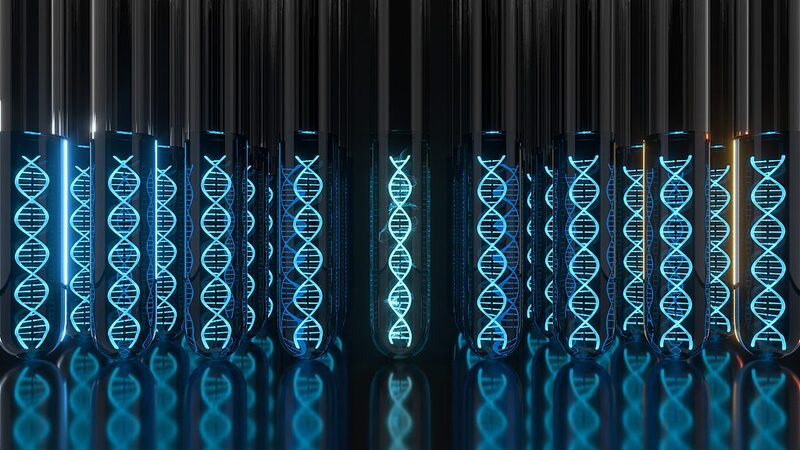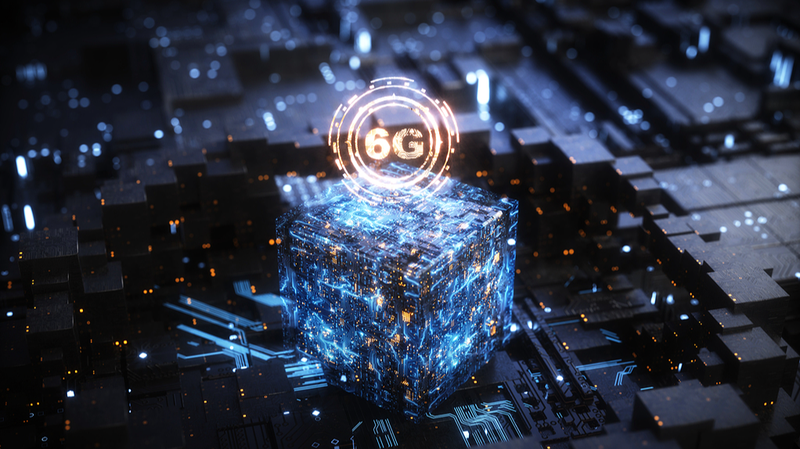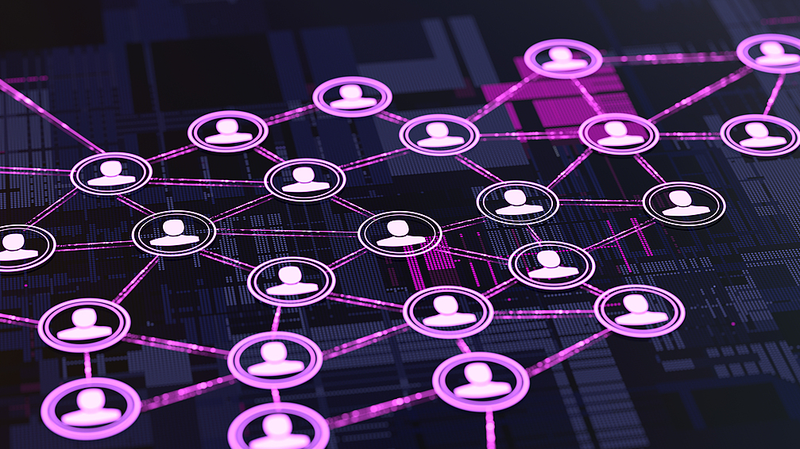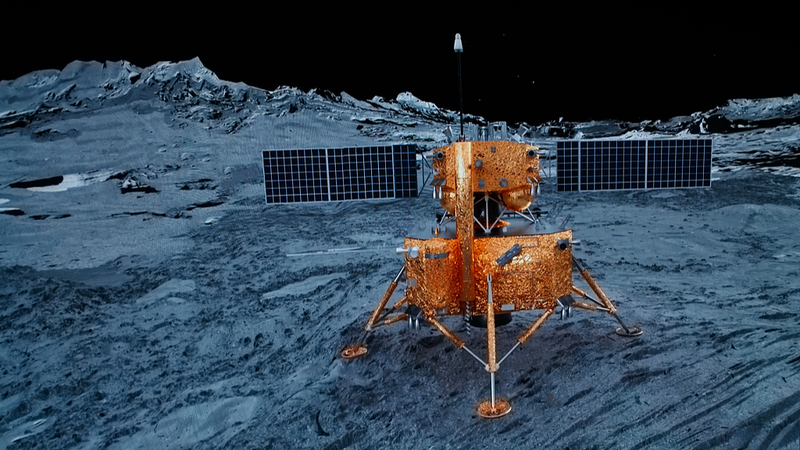Storing Brain Data in DNA? Yep, That's a Thing Now! 🧠🔬
In a move that feels straight out of a sci-fi movie, researchers at Tianjin University's Frontiers Science Center for Synthetic Biology, teaming up with Tianjin Huanhu Hospital, have cracked the code on storing brain MRI data in DNA! 😱
They've introduced the super cool DNA Palette coding scheme, which lets them encode brain magnetic resonance imaging (MRI) data into DNA strands. But wait, it gets better—they can also decode it losslessly and reconstruct 3D images! Talk about next-level tech! 🚀
Their groundbreaking study was published in the National Science Review, and it's set to shake up how we think about storing massive amounts of medical data.
Why Is This a Big Deal? 🤔
Brain MRI scans are crucial for diagnosing and treating conditions like juvenile Parkinson's, epilepsy, and neurogenetic disorders. But here's the catch—they generate tons of data, and storing all that info long-term is a huge challenge. Traditional storage methods just aren't cutting it anymore. 💾❌
Enter DNA storage! 🧬 DNA is insanely stable and can pack in loads of data in tiny amounts of material. The research team managed to squeeze 11.28 megabytes of brain MRI data into just 3 micrograms of DNA powder (that's like a speck you can barely see 👀)!
What Does This Mean for the Future? 🌟
This tech could revolutionize how we store medical data—making it more efficient, secure, and durable. Imagine hospitals storing petabytes of critical patient data without worrying about it degrading over time! 🏥💡
Plus, with over 300 read operations possible on the DNA samples, it's not just a one-and-done deal. It's like having a megadrive that fits on the tip of a needle! 💽➡️🧬
This is a huge step forward in blending biology with technology, and we can't wait to see what's next. Maybe we'll all be downloading memories someday! 😉
Reference(s):
Researchers make breakthrough in DNA-based storage of brain MRI data
cgtn.com




